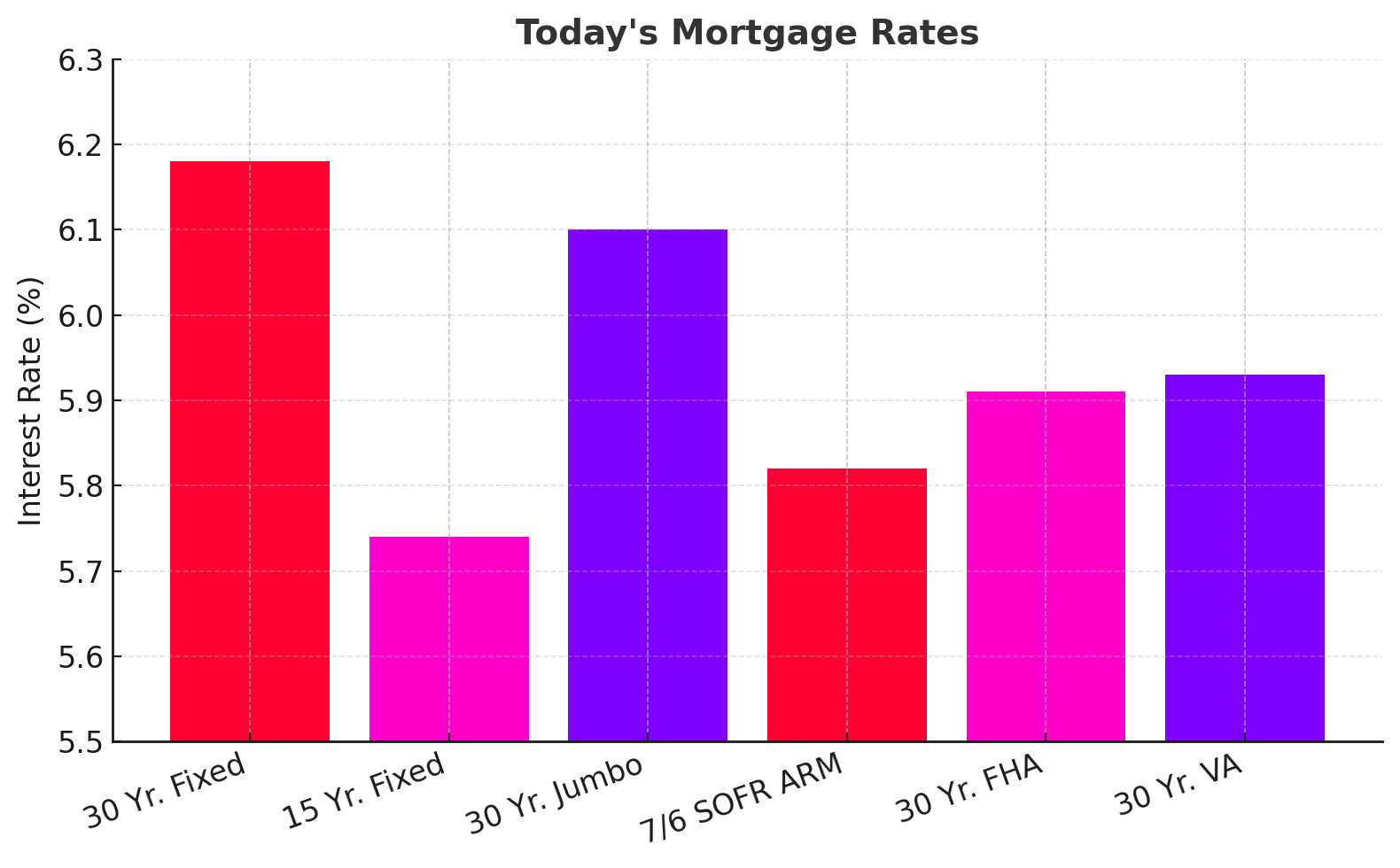- Real Estate Navigator
- Posts
- What Is a Home Warranty (and Why It Might Save Your Sanity)
What Is a Home Warranty (and Why It Might Save Your Sanity)
Everything Buyers and Sellers Should Know About Home Warranty Plans in a Real Estate Transaction
Buying or selling a home is stressful enough without worrying about a surprise furnace meltdown or a fridge that quits the day after closing. That’s where a home warranty comes in.
Think of it as a short-term safety net for your home’s major systems and appliances: not a replacement for homeowners’ insurance, but a nice complement to it.
What a Home Warranty Covers
Typical coverage includes the big stuff that keeps your home running:
HVAC systems (heating and cooling)
Electrical systems
Plumbing
Water heaters
Major appliances like your refrigerator, oven, or dishwasher
If one of these breaks down from normal wear and tear, the warranty company sends a contractor to repair or replace it. You’ll usually just pay a service fee (often $75–$125 per visit).
For Buyers: Peace of Mind in Year One
The first year of homeownership comes with plenty of “surprises.” A home warranty helps take the edge off those moments when something suddenly stops working.
Instead of paying hundreds or thousands for a repair, you call the warranty company and let them handle it. For many buyers, this protection makes the first year feel a lot less risky, especially after draining savings for a down payment and moving costs.
It’s also common for buyers to negotiate a home warranty as part of their purchase offer, giving them extra comfort without extra upfront cost.
For Sellers: A Smart Sweetener
Offering a home warranty can make your listing more attractive. Why?
It gives buyers confidence that they’re protected from unexpected breakdowns.
It can help homes sell faster or even justify a slightly higher asking price.
It covers you, the seller, during the listing period, so if your water heater gives out before closing, you’re not footing the whole bill.
Think of it as a goodwill gesture that makes your home stand out in a crowded market.
How Long Does Coverage Last?
Most home warranties run for 12 months from the date of closing. When that first year is up, buyers can choose to renew the plan annually if they find it worthwhile.
Prices vary based on home size and location but expect $400–$2000 per year for standard coverage, with optional add-ons for pools, septic systems, or extra appliances.

What’s Not Covered (and Common Misunderstandings)
A home warranty isn’t a blank check for every home repair. It won’t cover:
Pre-existing problems found during inspection
Cosmetic issues (like a cracked tile or dented fridge door)
Improperly installed or maintained systems
Damage from accidents, pests, or natural disasters
This is where people get tripped up. Read the fine print carefully and ask what “normal wear and tear” means to each provider, it’s not always the same.
How to Compare Providers
Not all home warranties are created equal. Before you sign up:
Check reviews and complaint history. See how the company handles claims.
Compare coverage details. Some plans cover just systems, others cover appliances, and some do both.
Ask about service fees. Lower annual premiums often mean higher per-call fees.
Read the exclusions list. The shorter, the better.
If possible, talk to your agent or a recent homeowner about which providers they’ve had good experiences with.
Looking for unbiased, fact-based news? Join 1440 today.
Join over 4 million Americans who start their day with 1440 – your daily digest for unbiased, fact-centric news. From politics to sports, we cover it all by analyzing over 100 sources. Our concise, 5-minute read lands in your inbox each morning at no cost. Experience news without the noise; let 1440 help you make up your own mind. Sign up now and invite your friends and family to be part of the informed.
Bottom Line
A home warranty isn’t required, but it can make life a lot easier during a stressful move or the first unpredictable year in a new home.
Buyers get peace of mind. Sellers get a marketing edge. Both sides get protection from the “what ifs” that come with homeownership.
Just remember, it’s not magic, it’s a contract. Read it, compare your options, and decide whether the peace of mind is worth the price.

